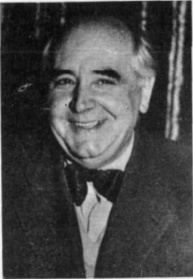
Miroslav Krleža was a Yugoslav and Croatian writer who is widely considered to be the greatest Croatian writer of the 20th century. He wrote notable works in all the literary genres, including poetry, theater, short stories, novels, and an intimate diary. His recurrent theme is bourgeois hypocrisy and conformism in Austria-Hungary and the Kingdom of Yugoslavia. Krleža wrote numerous essays on problems of art, history, politics, literature, philosophy, and military strategy, and was known as one of the great polemicists of the century. His style combines visionary poetic language and sarcasm.
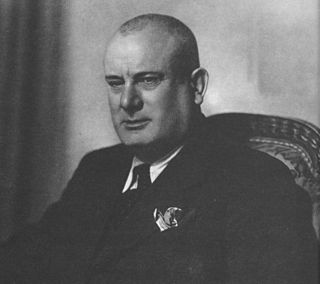
Augustin Josip "Tin" Ujević was a Croatian poet, considered by many to be the greatest poet in 20th century Croatian literature.

Slava Raškaj was a Croatian painter, considered to be the greatest Croatian watercolorist of the late 19th and early 20th century. Deaf since birth, Raškaj was schooled in Vienna and Zagreb, where her mentor was the renowned Croatian painter Bela Čikoš Sesija. In the 1890s her works were exhibited around Europe, including at the 1900 Expo in Paris. In her twenties Raškaj was diagnosed with acute depression and was institutionalised for the last three years of her life before dying in 1906 from tuberculosis in Zagreb. The value of her work was largely overlooked by art historians in the following decades, but in the late 1990s and early 2000s interest in her work was revived.
Sonja Smolec is a Croatian artist, writer, and poet.

Antun Gustav Matoš was a Croatian poet, short story writer, journalist, essayist and travelogue writer. He is considered the champion of Croatian modernist literature, opening Croatia to the currents of European modernism.
Eduard Peročević, better known as Edo Peročević was a Croatian actor, best known for the role of the ticket collector in the 1976 children's film Vlak u snijegu.
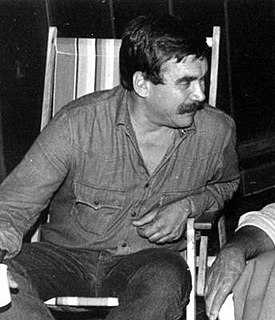
Boris Dvornik was a Croatian actor.
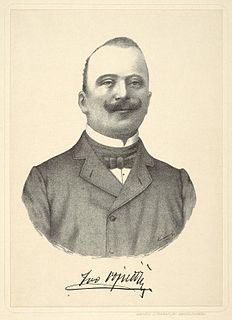
Ivo Vojnović was a writer from Dubrovnik.

Veliki Grđevac is a municipality in Bjelovar-Bilogora County, Croatia. According to the 2001 census, there are 3,248 inhabitants, 80.41% of which are Croats, in 1,157 of family households.
Vlak u snijegu, first called Djeca Velikog Sela --"The children of Veliko Selo") is a children's novel written by Croatian novelist Mato Lovrak (1899–1974), then a young schoolteacher inspired by actual events, in 1931.
The Brave Adventures of Hlapitch, also known as The Marvellous Adventures of Hlapić the Apprentice, is a 1913 novel by Croatian children's author Ivana Brlić-Mažuranić.
Croatian literature refers to literary works attributed to the medieval and modern culture of the Croats, Croatia, and Croatian. Besides the modern language whose shape and orthography was standardized in the late 19th century, it also covers the oldest works produced within the modern borders of Croatia, written in Church Slavonic and Medieval Latin, as well as vernacular works written in Čakavian and Kajkavian dialects.
Družba Pere Kvržice is a 1933 children's novel written by Croatian children's novelist Mato Lovrak. The plot concerns a group of children headed by Pero "Kvržica", who secretly decide to restore a disused village mill. It remains Lovrak's second best known work, after his first novel, Vlak u snijegu.
Družba Pere Kvržice is a Croatian children's film directed by Vladimir Tadej. It was released in 1970.
Train in the Snow is a Croatian children and adventure film directed by Mate Relja. It was released on June 10, 1976.
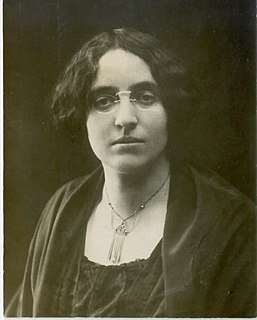
Zofka Kveder was a writer, playwright, translator and journalist who wrote in Slovene and later in life also in Croatian. She is considered one of the first Slovene women writers and feminists

Will Firth is an Australian literary translator who focuses on contemporary writing from the Serbo-Croatian speaking countries and North Macedonia.

Jagoda Truhelka was a Croatian writer and pedagogist. A native of Slavonia, Truhelka worked as teacher and headmistress in Osijek, Zagreb, Gospić, Banja Luka, and Sarajevo. Her novels are notable for focusing on female characters and discussing women's rights, but Truhelka is best known for her children's literature.
Olja Savičević Ivančević is a Croatian novelist, poet and playwright. She is a winner of the Grand Prize of the Druga prikazna Macedonian Literary Festival (2018), the T-Portal Award for Best Novel (2011), and the Mali Marulić prize for theatre.
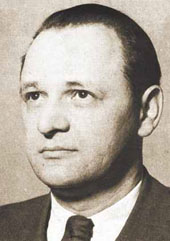
Grigorije "Grigor" Vitez was a Yugoslav writer and translator. He is best remembered as the author of children's poetry and other forms of literature for children and youth.











